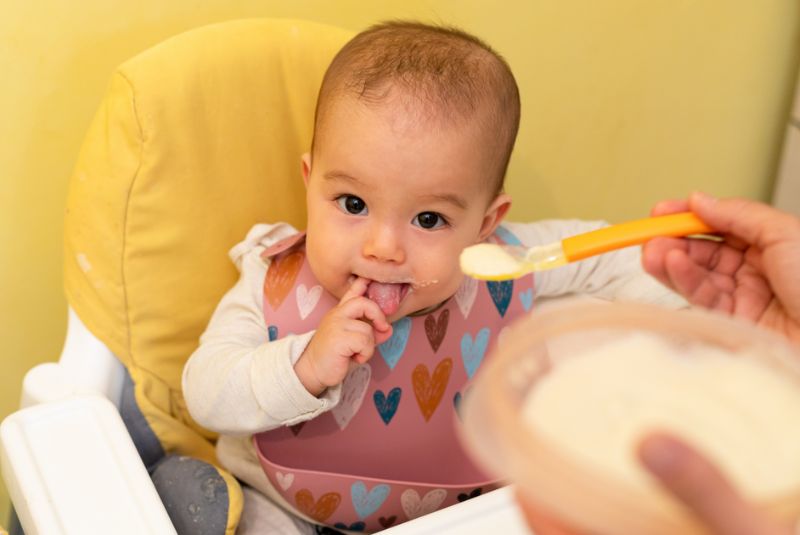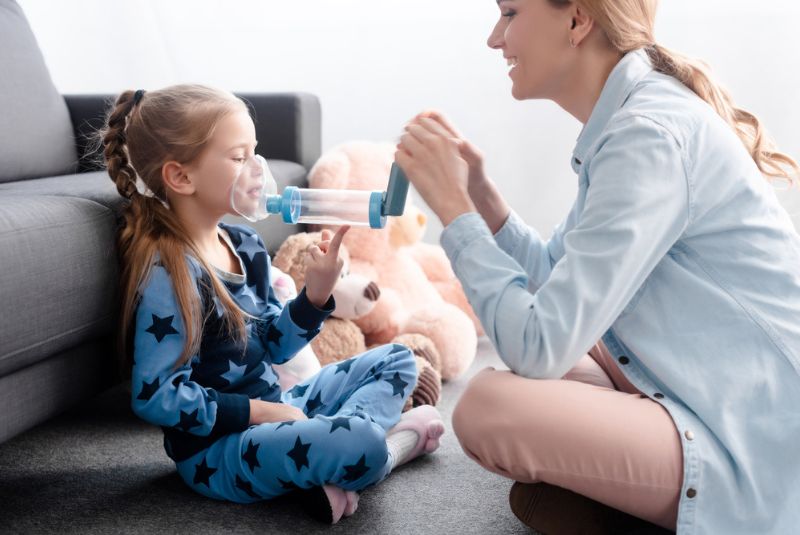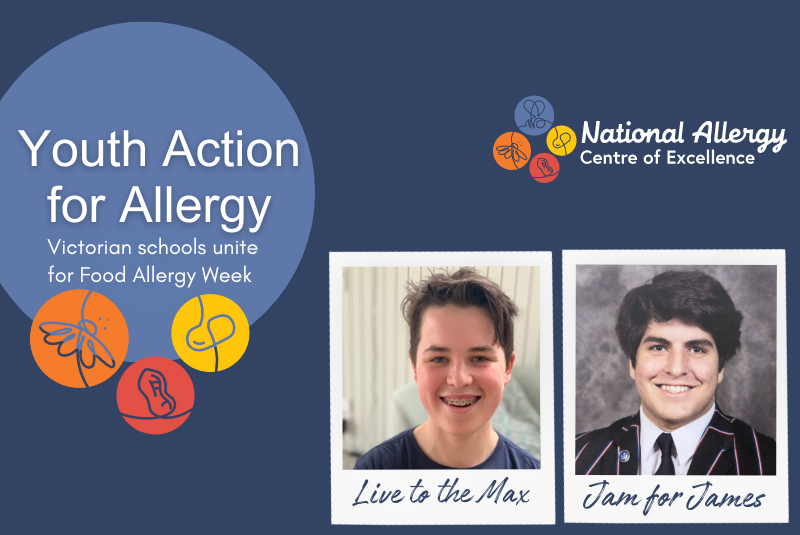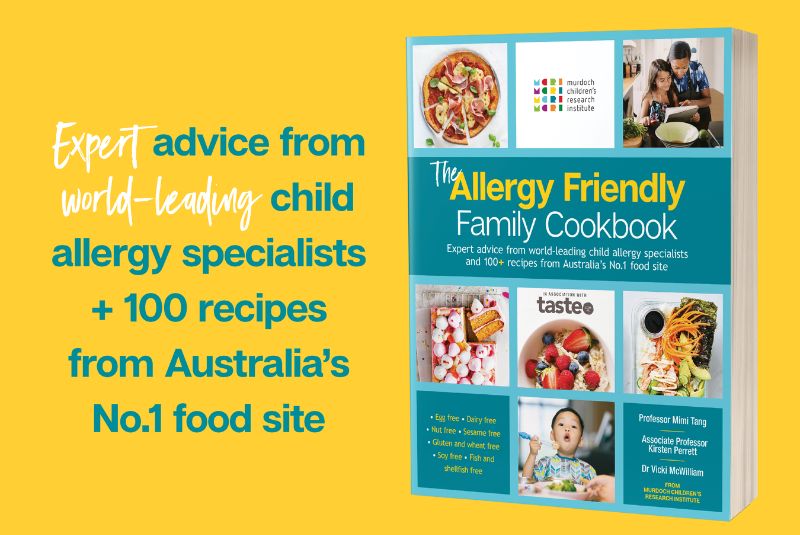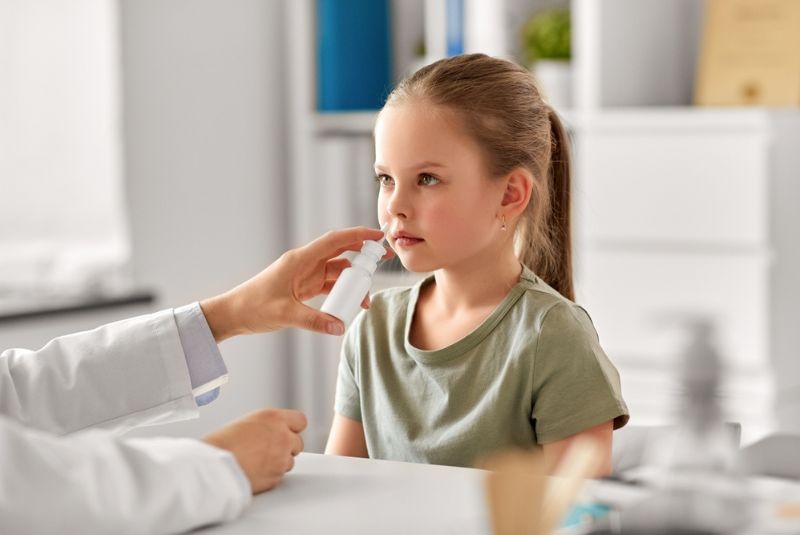MIST+ trial
- Project status: Active
Research area: Population Health > Population Allergy
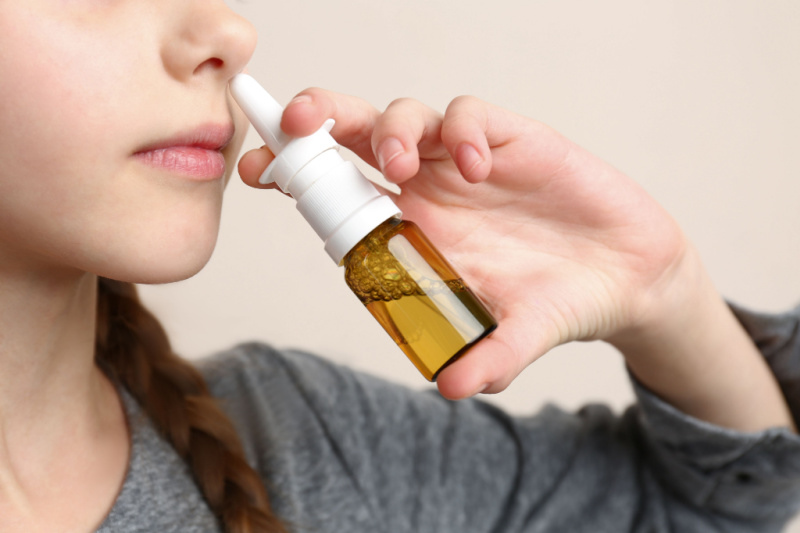
MIST+ is a randomised controlled trial investigating whether a steroid nasal spray improves symptoms of snoring and sleep-disordered breathing in children.
These conditions can cause sleeping problems at night and concentration or behavioural issues during the day.
To help, MIST+ is investigating whether a nasal spray will improve symptoms in children aged 3-12, which may reduce the need for surgery to remove the tonsils and adenoids.
These conditions can cause sleeping problems at night and concentration or behavioural issues during the day.
To help, MIST+ is investigating whether a nasal spray will improve symptoms in children aged 3-12, which may reduce the need for surgery to...
These conditions can cause sleeping problems at night and concentration or behavioural issues during the day.
To help, MIST+ is investigating whether a nasal spray will improve symptoms in children aged 3-12, which may reduce the need for surgery to remove the tonsils and adenoids.
Overview
Snoring and difficulty breathing affect up to 12 per cent of children. Often surgery is needed to remove the tonsils and/or adenoids in children who experience sleep-disordered breathing (SDB). In fact, tonsil removal is the most common paediatric elective surgery in Australia, with more than 40,000 performed each year.
This study is investigating whether saline, a salty water nasal spray, or a steroid nasal spray effectively treats symptoms of SDB. If successful, this may reduce the need for surgery.
Why is this research important?
Many hospitals experience long waiting lists for childhood surgery to remove the tonsils and/or adenoids, which leads to delays in treatment. The procedure can also be costly, painful and a significant burden on hospital resources.
Saline nasal spray is a saltwater spray used to relieve nasal congestion and clean the nasal passages. Steroid nasal spray is a type of anti-inflammatory medication used for conditions like hay fever. We are testing to see if these two treatments can reduce the size of the tonsils and adenoids to make breathing easier, improve SDB symptoms and reduce the need for surgery.
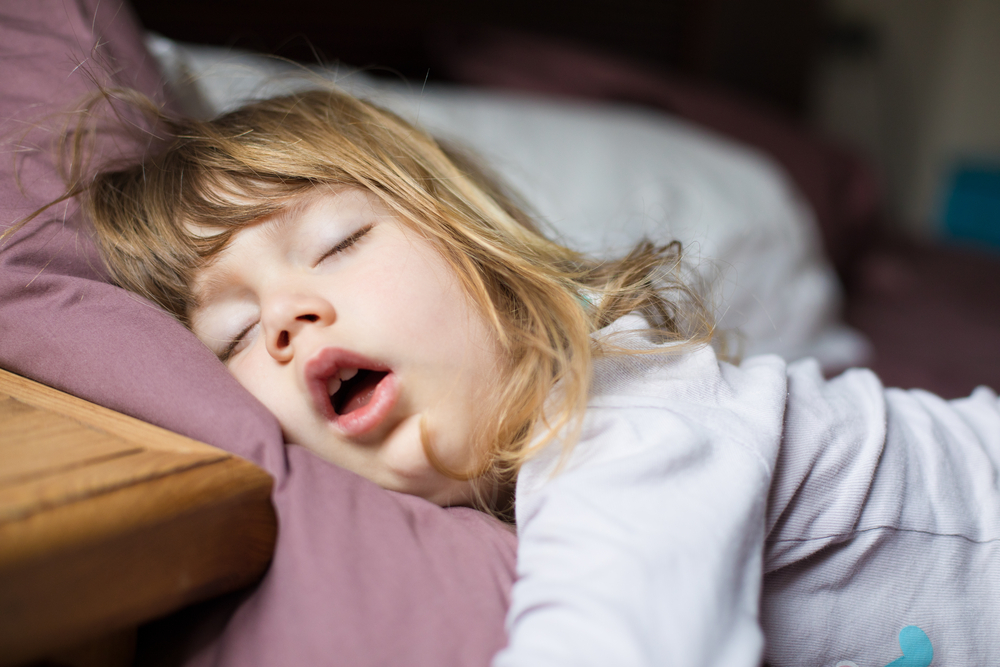 Information for participants
Information for participants
What's involved?
- Your child using a nasal spray each day at home for six or 12 weeks
- Attending two virtual telehealth appointments
- Attending one face-to-face appointment at either The Royal Children’s Hospital or Monash Children’s Hospital
- Completing three online questionnaires over 12 months about your child’s snoring and sleep symptoms, health, family and quality of life
Who can take part?
- Children aged three to 12 years
- Children currently on the waitlist to see a private or public specialist for symptoms of sleep-disordered breathing, including snoring, possible obstructive sleep apnoea or with a request for a sleep study
Who can’t take part?
- Children who have already had their tonsils and/or adenoids removed
- Children with a significant medical condition
- Children who use antihistamine or decongestant nasal sprays daily
If my child participates, will they still see their specialist?
Yes. Your child will remain on the waitlist for their hospital clinical appointment with their specialist. Taking part in the MIST+ Trial will not interfere with their existing treatment plan. However, it will be an opportunity to trial a nasal spray while you remain on the waitlist to see if it helps improve your child’s symptoms.
Get involved
Register your interest in the MIST+ trial below.
Contact us
MIST+ Trial
Murdoch Children's Research Institute
The Royal Children's Hospital
50 Flemington Road
Parkville VIC 3052
Australia
Study Coordinator: Deborah Anderson
Email:
show email address
Find out more
- Early findings published in January 2023, JAMA Pediatrics
- Simple nasal spray significantly reduces snoring and breathing difficulties in children
- Saltwater spray could help kids avoid surgery on tonsils, Australian study finds, 9 News
- Tom's snoring was so bad he was told he needed surgery: after using a simple spray, it stopped, 9 Honey Parenting
- New treatment for recurrent tonsillitis that doesn't involve surgery, Body + Soul
- Saline as effective as steroid in children with sleep-discorded breathing, RACP
- Intranasal Spray an Effective First-Line Treatment for Pediatric Sleep-Disordered Breathing, Neurology Learning Network

